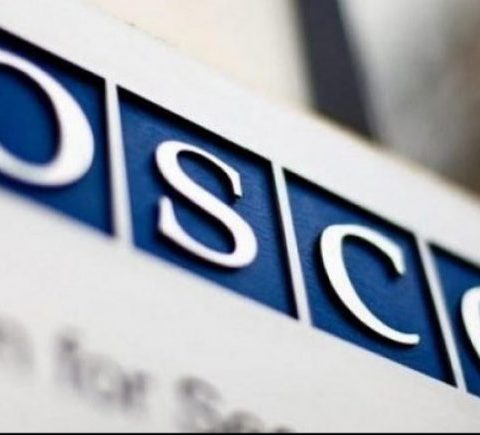On 14th of August 2020, when it was announced that Prime Minister Hoti would have met with the President of Serbia Aleksandar Vučić at the White House, Kurti immediately reacted by saying that “the Constitution of Kosovo has incorporated the hurtful compromise of the Ahtisaari’s package, while the Constitution of Serbia continues with the goals of Milošević, emphasizing in its second sentence that Kosovo is an integral part of Serbia. No justice or benefits can come from such an approach,” wrote Kurti on Facebook. This straightforward way of talking about some of the most sensitive issues in Kosovo, has helped Kurti achieve his greatest victory of his political career last week. The joint ticket between Albin Kurti for prime minister and Vjosa Osmani won the largest number of votes in the General Elections of 14th of February in Kosovo, receiving 378,550 votes, or 47,85% of the votes. This means that it will probably be quite easy for him not only to achieve the majority, but also to govern without fearing the same clashes as in the previous mandate.
Kurti’s first tenure as Prime Minister after the elections of 2019, lasted only 51 days, and was the shortest government in the history of Kosovo. The many internal conflicts between Vetëvendosje and its coalition partner LDK, and also the different agenda of President Thaçi on the Serbia case, made it almost impossible for Kurti to implement his vision on many issues, especially those on the foreign affairs. This time it will be different. During an interview with Euronews, asked whether he was planning to restart the dialogue between Belgrade and Pristina, Kurti responded by saying that “I’m ready to engage in a dialogue where people will be the beneficiaries. But I think it is not acceptable to anyone in Kosovo – of course, including me, – to engage in a dialogue where we are supposed to compensate the state of Serbia for the loss of this state during times of Milosevic. Serbia committed genocide in Kosovo.” Kurti also continued by saying that “Serbia should liberate itself from Kosovo,” and considered as “necessary” a full apology, recognition and reparations from Serbia.
It didn’t take long for Serbia to respond to Kurti’s declarations on Euronews. The Deputy Prime Minister of Serbia, Zorana Mihajlovic, said for euronews.com that “Serbia has not given in to threats and blackmail before, and Kurti is certainly not someone who should teach Serbia lessons, especially if we remember how much effort Serbia has invested in maintaining dialogue in life, with all the irresponsibility shown by Pristina negotiators, constant care for the security of Serbs in Kosovo and Metohija, as well as the usurpation and looting of energy resources and mineral resources of the Republic of Serbia.”
While Kurti has repeatedly claimed that the top priorities of his new administration will be the justice system and creating jobs, it is difficult to assume that he can manage to avoid the pressure from the United States and the European Union, to put also the dialogue with Serbia as a priority. In the last days, the President of the United States Joe Biden, and the High Representative/ Vice-President Josep Borrell and Commissioner for Neighbourhood and Enlargement Olivér Váehelyi, have all asked for a normalization of relations between Serbia and Kosovo. In the latest interview with the Voice of America, when Kurti was asked whether he would need to rethink his priorities, considering the pressure of Kosovo’s allies, he responded by saying that “we don’t want to avoid the dialogue to not give to it the proper attention, but we consider that the citizens of the Republic of Kosovo have chosen us to bring justice and jobs […] I am optimist that the dialogue with Serbia will be transformational on its nature, and not transactional as it has been proven in the past. I think there will be a time for dialogue in the future. And we will do that in collaboration with the United States.” As in the interview with Euronews, even with the Voice of America Kurti was in favour of joining Albania if a referendum on that issue would take place in Kosovo, as long as it done in a peaceful and democratic way.










